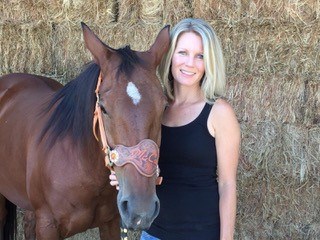Study Evaluates Unintentional Weight Loss in Horses
- Topics: Article, Body Condition, Digestive System
Unintentional weight loss in horses is frustrating to both owners and veterinarians, especially when the horse is still eating well. Numerous causes are possible but often difficult to pinpoint. Due to the lack of descriptive information on this condition, a group of Irish researchers recently set out to establish a link between clinical findings and outcome (survival vs. nonsurvival) of horses.
"Even when establishing that a horse’s appetite is normal, there are management conditions to consider; these need to be ruled out before jumping to disease conditions," relayed researcher Lisa Katz, DVM, MS, PhD, DipACVIM, DipECEIM, MRCVS, a lecturer in the School of Veterinary Medicine at University College Dublin (UCD).
In their retrospective study, Katz and colleagues evaluated medical records from 40 horses presented to the UCD Veterinary Teaching Hospital between 2002 and 2011 for investigation due to weight loss despite a good appetite.
Sixty percent of evaluated cases received a definitive diagnosis (nine through post mortem evaluation), while the remaining 40% were classified as idiopathic (of unknown cause) weight loss. Of the cases with definitive causes, the team reported that "the mechanisms of weight loss were predominately inadequate absorption/increased loss of nutrients (due to conditions such as inflammatory bowel disease or intestinal lymphosarcoma) followed by increased nutritional utilization (due to infection)
Create a free account with TheHorse.com to view this content.
TheHorse.com is home to thousands of free articles about horse health care. In order to access some of our exclusive free content, you must be signed into TheHorse.com.
Start your free account today!
Already have an account?
and continue reading.

Related Articles
Stay on top of the most recent Horse Health news with

















